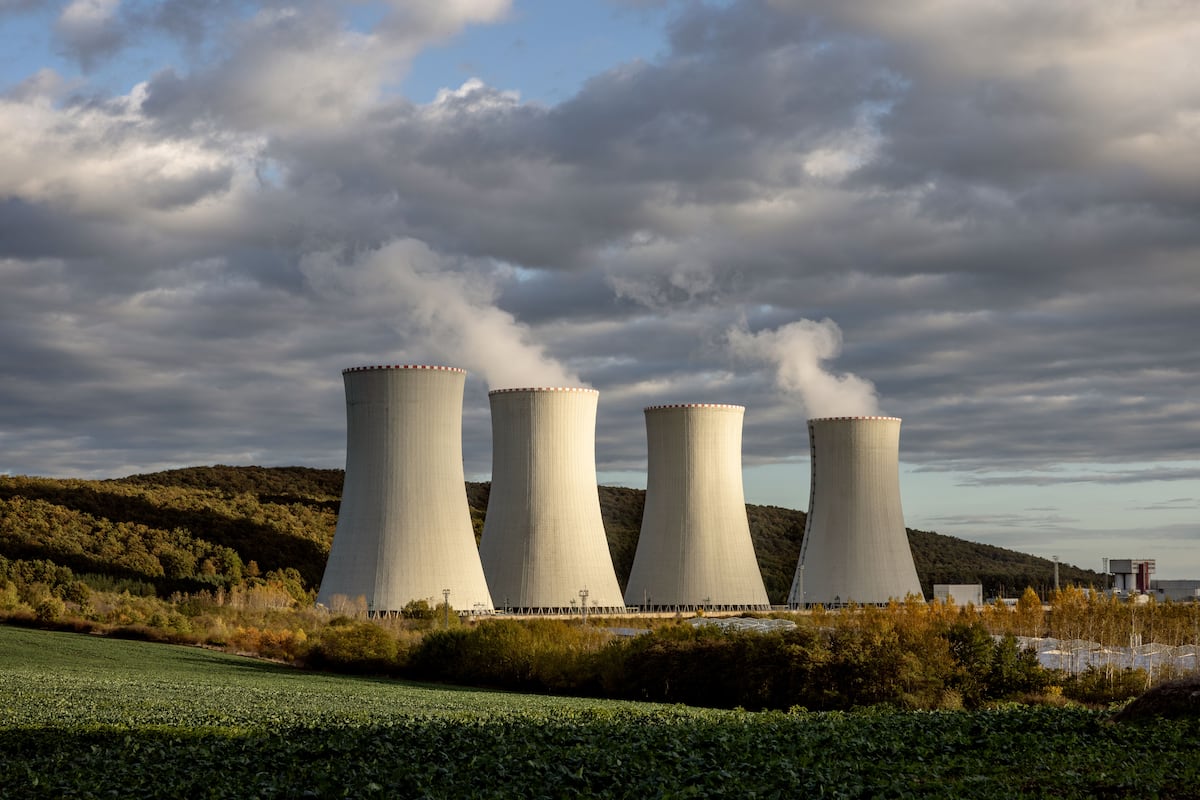Sam Altman, CEO of OpenAI, issued a warning at the Davos Forum in January about the looming energy crisis caused by the increasing use of artificial intelligence (AI) technologies. He emphasized that the new generation of generative AI will consume significantly more energy than anticipated, potentially straining global energy networks. To address this issue, Altman urged drastic changes to ensure a sustainable future for AI.
One proposed solution to mitigate the energy consumption of AI is advanced nuclear energy, which includes pocket reactors and nuclear fusion technology that are still in the experimental phase. Several companies are exploring this option to achieve energy autonomy and cost control. The Biden Administration has shown interest in exploring advanced nuclear energy, with Energy Secretary Jennifer Granholm meeting with technology companies like Amazon, Google, and Microsoft to discuss potential solutions.
Currently, an estimated 8% of the world’s energy is dedicated to AI, used for powering processors and hosting systems required for AI models. As Altman predicted, this percentage is expected to increase as more users adopt AI technologies and newer, more complex models like ChatGPT or Copilot are developed requiring greater computing power. Major tech companies have already begun exploring the integration of nuclear energy into their operations to ensure a stable and sustainable energy supply. Google executives have discussed partnering with developers of small nuclear reactors to meet their energy needs while Microsoft has signed agreements for energy from nuclear fusion technology.
However, the transition to advanced nuclear energy for AI applications faces challenges such as regulatory hurdles and high costs associated with developing and deploying new nuclear technologies. Some experts believe that widespread implementation of small nuclear reactors may take decades before becoming a viable solution for meeting the energy demands of AI. As leaders in the industry continue to debate on the future of AI energy consumption, experts are examining both benefits and risks associated with nuclear energy in relation to its intersection with AI technology.
In conclusion, there is growing concern about how much power will be required by increasingly sophisticated AI systems as they become more widely adopted. While some companies have started exploring alternative sources like advanced nuclear power as a solution, significant challenges remain before we can achieve a sustainable future for these systems.
The use of advanced nuclear power can bring numerous benefits such as increased efficiency and reduced carbon emissions but it also comes with risks including radioactive waste disposal and safety concerns. It is important that policymakers work closely with industry leaders to carefully consider all factors involved before making any decisions regarding this complex intersection between AI and nuclear power.
